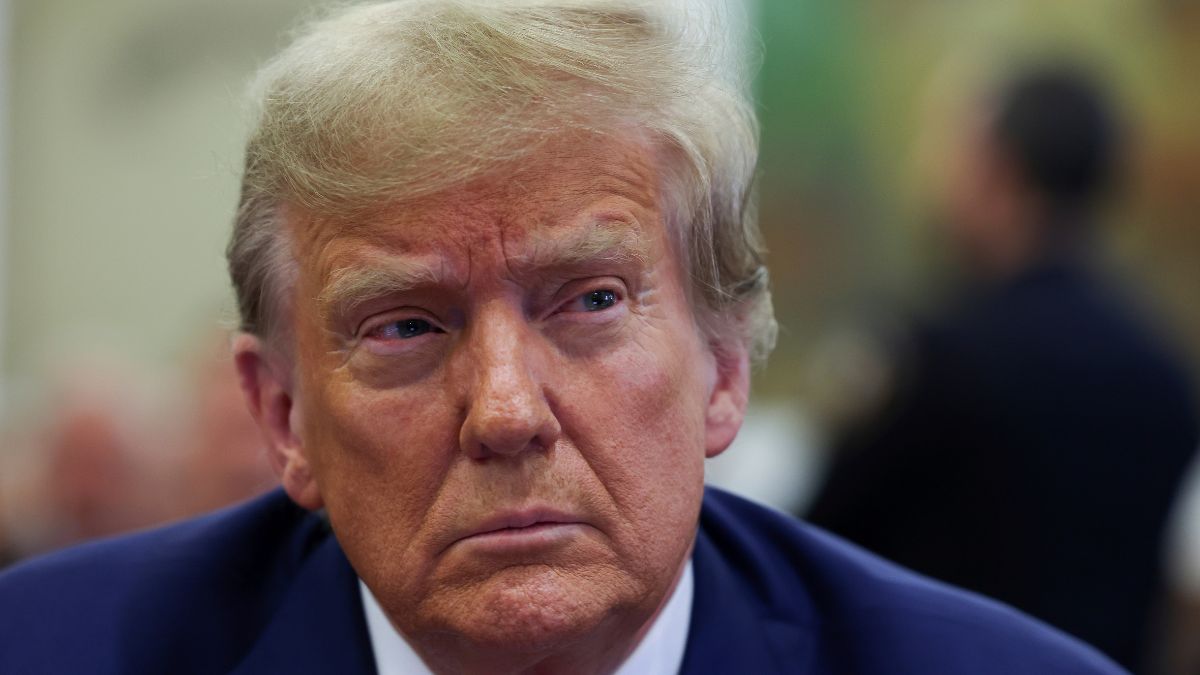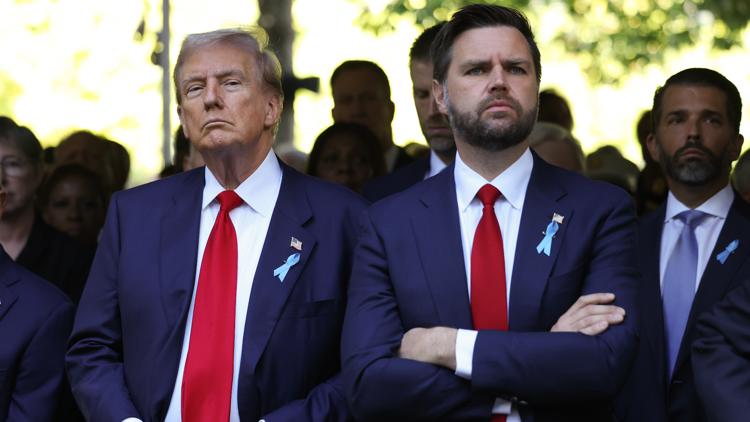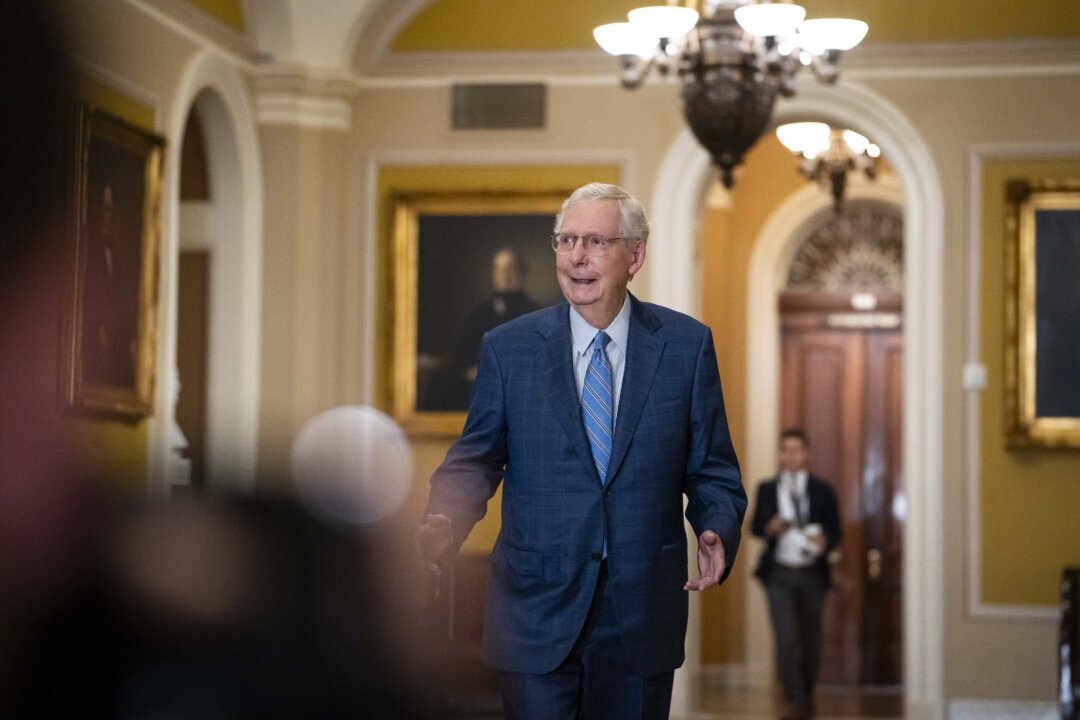
It has been barely a fortnight since Donald Trump became president-elect, ten days of the Republican Party flipping the Senate, and less than a week of the Republicans retaining a majority in the House of Commons, giving trifecta control to Trump. Indubitably, it will change the very way Trump governs in the second term. Unsurprisingly, then, the president-elect is in the fast-track cherry-picking mode, nominating his close confidants, donors, loyalists, friends, and sycophants to the cabinet and senior administrative positions and as diplomats.
The nominations give a sneak preview of how Trump proposes to rule in Trump 2.0. However, as final results trickle in, Trump’s triumph looks much less stellar: Share of popular votes : Initially Trump was projected to win around 5 million more popular votes than Harris.
As of now, his lead has shrunk to 2.62 million (AP Data)—Trump 76,532,833 votes (50.0 per cent), Harris 73,908,116 votes (48.
3 per cent). Senate flipped but no super-majority : The Republican Party flipped the Senate 53-47, but it failed to get the supermajority of 60. That means it is not all the way for Trump.
Ultra-thin majority in the house: : On date, in the 435-member House of Representatives, Republicans have barely retained a majority with 218 seats compared to 213 of the Democrats, with 5 races yet to be called. Republicans have retained the majority, but the margin is ultrathin. Call in question Thereby comes the “call in question”—will the trifecta in Washington give Trump the unfettered power to rule like a king or a dictator as per his whims in utter disregard to the constitutional procedures and conventions, or will the bipartisan conscientious Congressmen exercise the requisite constitutional checks and balances to make Trump less unpredictable and more responsive? Probably it will be Trump who will call the shots, at least for the next two years.
Disruptive seismic tremors Donald Trump’s entry into the White House is still 62 days away, but his early transition moves are so disruptive that they disconcertingly point towards his unleashing seismic tremors that are threatening to shatter the established institutions in a manner no American president has dared to do in his lifetime. His difficult demands to the Republican Congressmen are tantamount to nothing less than a “hostile generational stress test”. Like never before Unlike his first term, when Trump was both circumspect, heard the advice of others, and took time to pick up his cabinet, in Trump 2.
0 he is on a roller-coaster ride to fast-track cherry-picking his cabinet with an alacrity and speed not seen in decades. His following actions have already generated seismic tremors. Man in a hurry : Unlike in his first term, the president-elect seems to have proved to be in a teary hurry in picking key members of his cabinet.
He has already picked nominees for the core of his cabinet and other key posts. Remaining will be filled in the next few days. The litmus test : The sole test to select key members of Trump 2.
0 is the “loyalty, loyalty, and loyalty”. Barring exceptions, the experience, expertise, and competence are not even a tertiary concern for the president-elect. The recess appointment demand : The US Constitution divides the power to appoint senior positions between the Senate and the president.
The latter nominates his cabinet; the former confirms through public hearings before voting on their fitness for office. This time, though, Republicans have a simple majority in the Senate, and Trump wants the Senate to give up its gatekeeping role and allow him to make “recess appointments”, so that his cabinet picks start working immediately without Senate scrutiny. If Republicans led the Senate to bow to his demand to recess the Senate so that he can install appointees without confirmation, it will rewrite the balance of power established by the founders of the American Constitution more than two centuries ago.
But why recess appointments? The answer lies in the “pack of cards” selected by Trump. Indecorous-infelicitous at breakneck speed Trump has been announcing mostly indecorous and infectious picks for his cabinet picks in a manner and at a breakneck speed seldom witnessed in the history of the US. Even advisers of Trump are stunned at how fast he is ticking through his choices, filling the government’s most important positions roughly a month sooner than he did in 2016.
Trump began to roll out his nominees and appointees just days after his election victory. Among them are some of his staunchest allies on Capitol Hill and key advisers to his 2024 campaign. Here are the chosen president’s choices: Cabinet picks : Marco Rubio (Secretary of State), Michael Waltz (National Security Advisor), Pete Hegseth (Defence Secretary), Robert F Kennedy Jr (HHS Secretary), Doug Burgum (Interior Secretary), Chris Wright (Energy Secretary), Sean Duffy (Transportation Secretary), Kristi Noem (Secretary of Homeland Security), Doug Collins (Secretary of Veteran Affairs), Tom Homan (Border Czar), Elon Musk and Vivek Ramaswamy (Department of Government Efficiency).
Other key nominations : Susie Wiles (White House Chief of Staff), Matt Gaetz (Attorney General), Todd Blanche (Deputy Attorney General), Dean John Sauer (Solicitor General), John Ratcliffe (CIA Director), Tulsi Gabbard (Director of National Intelligence), William McGinley (White House Counsel), Karoline Leavitt (White House Press Secretary), Steven Cheung (White House Communications Director), and Sergio Gor (Presidential Personnel Office Head) and at least four Deputy Chiefs of Staff. In addition, Trump has also nominated Brendan Carr as Federal Communications Commission chairman, Lee Zeldin as Environmental Protection Agency Administrator, Elise Stefanik as ambassador to the United Nations, and Mike Huckabee as US Ambassador to Israel. Rush to fill vacant positions : Sean Duffy and Brendan Carr are the latest picks of Donald Trump, who is scurrying fast to nominate other key positions, one such being the post of Treasury Secretary, for which he is likely to soon interview top contenders: Kevin Warsh, a former Federal Reserve governor; Marc Rowan, a Wall Street billionaire; Howard Lutnick, the chief executive of the Wall Street firm Cantor Fitzgerald; and Scott Bessent, the founder of the investment firm Key Square Capital Management.
But there is a problem. Many Trump picks are so indecorously infelicitous that despite Republicans having a simple majority in the Senate, they risk not being confirmed by it, and that is the precise reason Trump wants to use the recess appointment power of the president to shield his nominees from the roving eyes of the Senate. Controversially controversial Few of the Trump nominees are so controversial that even the president-elect believes they will have a hard time getting confirmed by the Senate.
With unflinching loyalty to Trump being the sole nomination criteria this time around, confirmation woes of cabinet and other key picks are monumental. For the sake of brevity, here is my pick of four nominees whose Senate confirmation shall be excruciatingly difficult: Matt Gaetz—the attorney general nominee—if confirmed, Gaetz would lead the Justice Department—a federal agency of more than 100,000 employees—and oversee its numerous investigative components, including the Federal Bureau of Investigation (FBI). His litany of woes is numerous.
It includes ongoing review by the bipartisan House Ethics Committee, which is looking into allegations he might have “engaged in sexual misconduct and illicit drug use, accepted improper gifts, dispensed special privileges and favours to individuals with whom he had a personal relationship, and sought to obstruct government investigations of his conduct”. In case Matt Gaetz is not confirmed, a likely alternative is Todd Blanche, the current pick of deputy attorney general, the second-highest position in the Justice Department. Blanche’s claim to fame is that he defended Trump during his “hush money” trial in New York City.
(Trump was found guilty in the case; he denied wrongdoing and vowed to appeal.) Robert F Kennedy Jr—the Secretary for Health and Human Services Nominee—if confirmed, Kennedy Jr shall have an empire of more than $1.7 trillion budget.
Kennedy is famously known for his “anti-science, fringe public health stances” and has been a staunch critic of vaccines, including making misleading claims about their safety. He has also taken a vow to wage an unhinged open war on what he calls the “epidemic” of chronic diseases, for which he blames drug and food companies. Kennedy claims, mostly without basis, that several health issues have worsened due to federal inaction, including autism, attention-deficit/hyperactivity disorder, sleep disorders, infertility rates, diabetes, and obesity.
He has also urged removing fluoride from drinking water. Despite the near-certain bipartisan opposition to Kennedy’s nomination in the Senate, Trump has thrown his total weight behind him. Pete Hegseth—the nominee for Secretary of Defence— The Secretary of Defense is the second in command of the US armed forces and one of the most essential roles in the president’s cabinet.
The defence secretary is the president’s main defense policy architect and oversees classified military initiatives. During times of war or military operations, the defense security works closely with the White House to ensure the military’s operational success. The nomination of Hegseth, a Fox News host, to be defence secretary has opened a hornet’s nest.
An article in Politico has dubbed him as the least qualified nominee for Secretary of Defense in American history. Earlier, he was flagged as a possible “insider threat” by a fellow service member due to a tattoo on his bicep that’s associated with white supremacist groups. And more recently he is accused of sexual assault on a woman.
As per the Washington Post, in a case of sexual assault, Hegseth paid an unnamed person an unknown sum after signing a nondisclosure agreement. Tulsi Gabbard—the national intelligence chief nominee— Trump’s choice of Tulsi Gabbard as US intelligence chief has sent shockwaves through the national security establishment, adding to concerns that the sprawling intelligence community will become increasingly politicised and has shocked even ardent Republicans. Gabbard’s wide-ranging role would mean she oversees US intelligence agencies like the CIA, FBI, and the National Security Agency (NSA), which focuses on intelligence gathering.
And if confirmed, she would manage a budget of $70 billion and will handle 18 intelligence agencies. The nomination has raised serious questions over Gabbard’s lack of experience in intelligence as well as accusations that she has in the past amplified Russian propaganda and has cozied up to Syrian dictator Bashar al-Assad. The above are not only the four nominees likely to face intense scrutiny in the Senate confirmation.
Most men and women nominated to the cabinet and other senior administration positions belong to the “Yes Mr President club”, with a few notable exceptions like Marco Rubio, nominated as Secretary of State, and Michael Waltz, the nominee to be National Security Advisor. It is now over to “Senate Republicans" and their new leader, John Thune. The Republican majority is so thin that any four Republican senators would be enough to sink any of Trump’s nominees, and there are at least nine senators who cannot see eye to eye.
The author is a multi-disciplinary thought leader with Action Bias and an India based impact consultant. He is a keen watcher of changing national and international scenarios. He works as President Advisory Services of Consulting Company BARSYL.
Views expressed in the above piece are personal and solely those of the author. They do not necessarily reflect Firstpost’s views..














